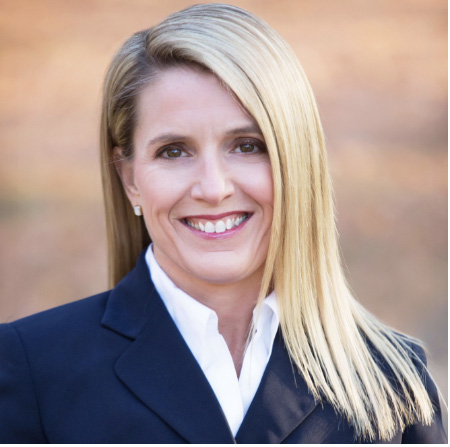The Newsletter for Chairs of Theological School Boards
Vol. 1 No. 10
When you think of board education, you may think of how board members are trained and oriented to the work they’ve been called to, and there’s no doubt that is vital to your school’s success. I’d suggest a broader definition of board education to include topics beyond your school.
It’s easy and understandable that we get lost in our work – that’s what we’re supposed to be focused on after all. But it’s important that we look beyond our institutions to understand what others are doing, not just to assess the market but to also calibrate our own work and get a wider view of the field.
The In Trust Center’s board is committed to this. Our board meets three times a year, and every meeting, we have a session that focuses on something going on in the field that affects our work. We typically bring in someone from a school or a leader in a specific field to discuss something that is either affecting the field, for example, student mental health, or is something involving our work, such as a leadership trend or topic that may be helpful to members.
Let me give you a few easy things to consider for board education:
- Tailored resources: We offer a number of resources online, including our Wise Stewards Guide, on our website. On this page, we have a guide to show you how to use some of the resources. But you can also get specific help from one of our resource consultants (it’s part of your membership) by emailing us here.
- In Trust magazine: Every quarter, we publish a magazine with pieces designed to give you an overview of the field and an understanding of trends and issues that boards and leaders need to know. We’ve designed some things for easy use, such as the Remark(able) section that offers a quote and questions for reflection. Here is spring's Remark(able). It’s easy to use and forward to board members via email. You could also take any of our pieces and use them as a topic of discussion at a board meeting, such as this piece by Rev. Dr. Steven Moore, CEO emeritus of the M. J. Murdock Charitable Trust, on stewarding seminaries well.
- Good Governance podcast: Our podcast is the only one of its type. We interview leaders in theological education across North America on topics that are important to school leaders. We’ve had conversations on turnarounds, governance, and even how artificial intelligence may affect your school You can find all the episodes here or wherever you listen to podcasts.
 Board education continues to help members keep their focus and keep their skills sharp. I hope this helps. Again, please let us know if we can help. Email us anytime.
Board education continues to help members keep their focus and keep their skills sharp. I hope this helps. Again, please let us know if we can help. Email us anytime.
With gratitude for all you do in theological education,
Amy Kardash
President